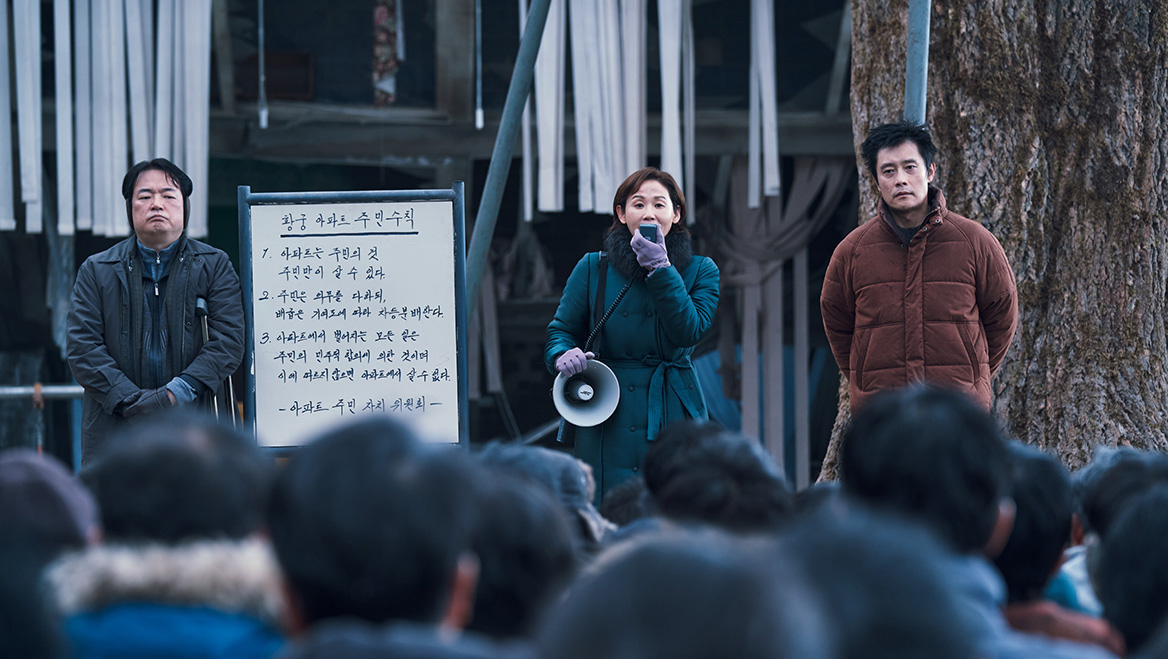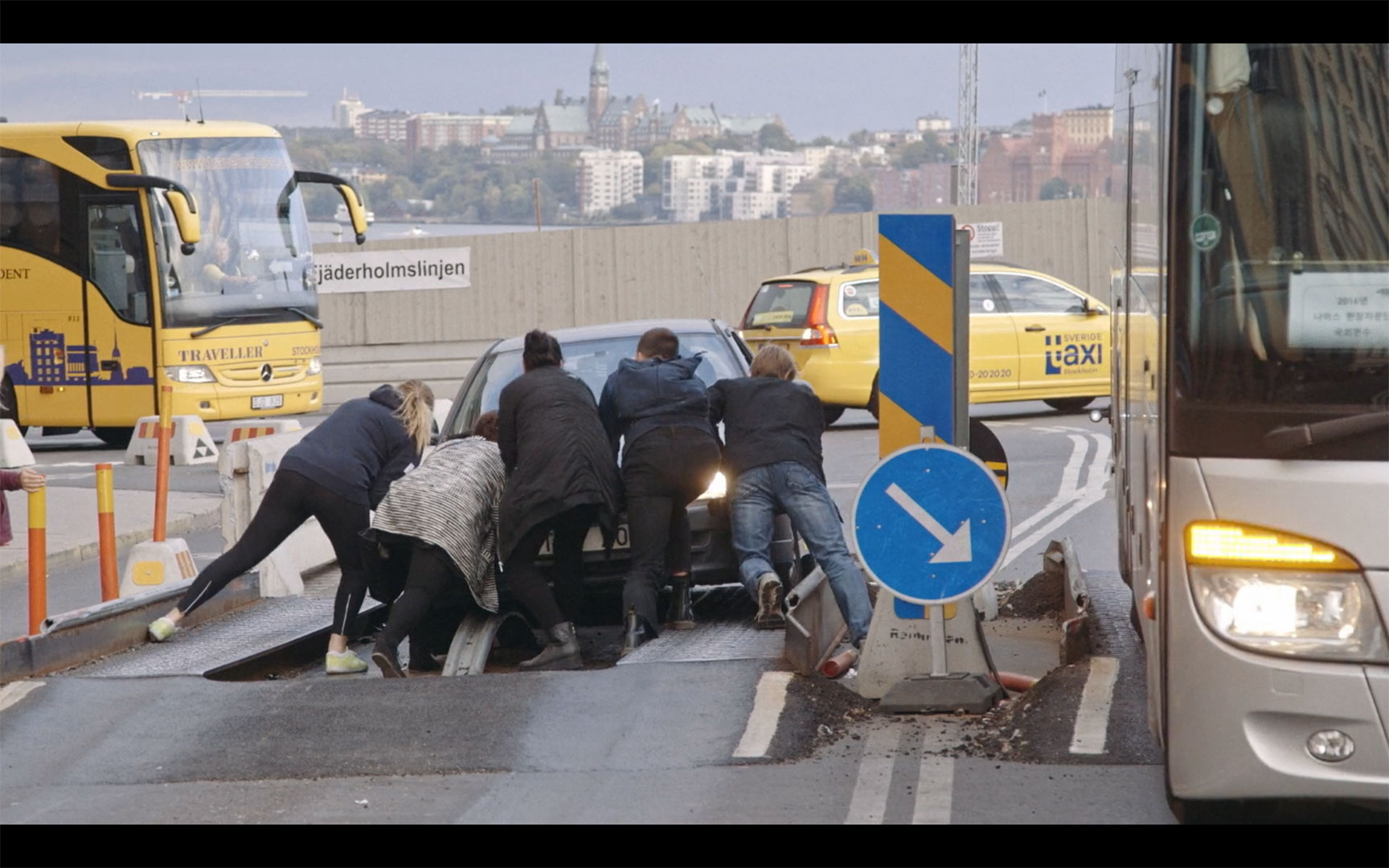The film paints the rise and fall of the coal industry with broad strokes. In the 1930s, over 140,000 people were directly employed in mining in West Virginia. The industry fueled the regional economy and the expansion of manufacturing, transportation, and urbanization across the country and around the world. Today, fewer than 12,000 of these jobs remain, but the region remains steadfastly loyal to its roots. Told partly through the perspective of two young girls growing up in the shadow of “King Coal,” the film leaves the viewer to ponder not just the past but also the future of this industry, lifestyle, and culture.
See the full review in Planning Magazine.






